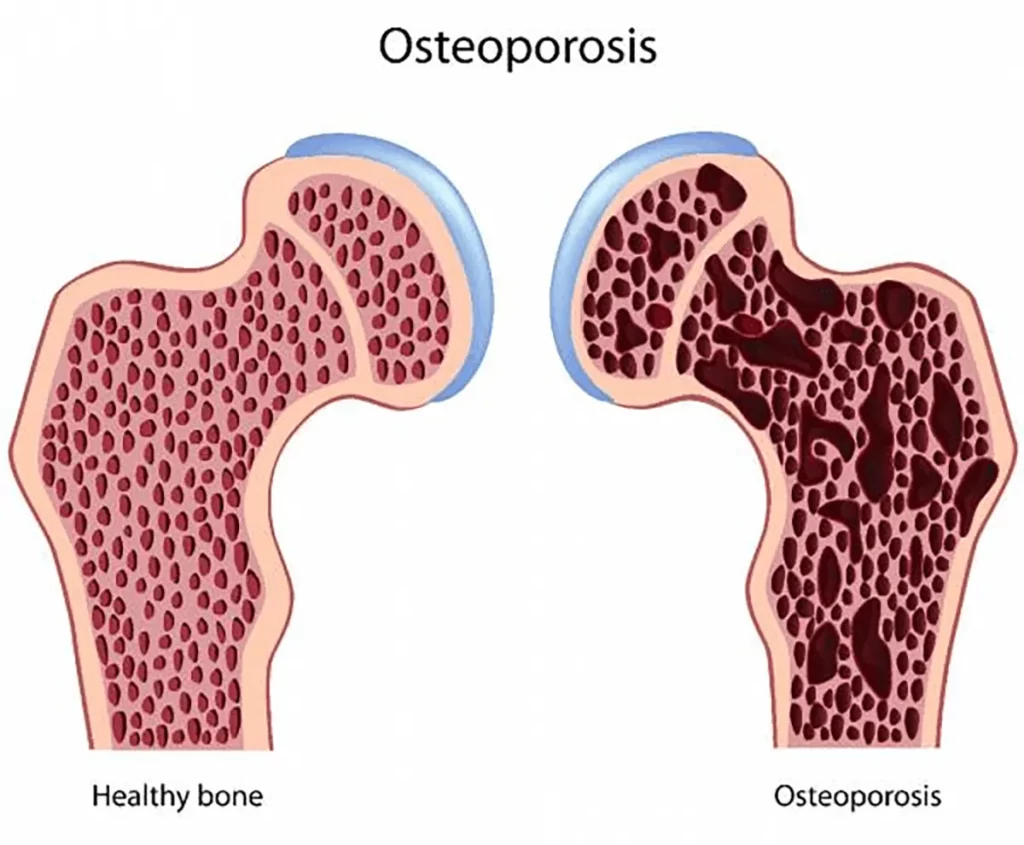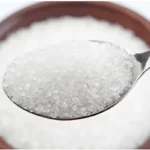Bones play many roles in the body — providing structure, protecting organs, anchoring muscles and storing calcium. The health of our bones is instrumental to our health and longevity in general. This understanding is especially important today, because there are so many toxins and contaminants in the environment and the food chain.
Bones are continuously being broken down and rebuilt in tiny amounts. Before about age 30, when bones typically reach peak bone mass (which varies from person to person), the body is creating new bone faster, but after age 30, the bone building balance naturally shifts and more bone is lost than gained.
It is no coincidence that with ageing, diminishing bone health is also accompanied by reduced energy, increased fatigue, an increase in digestive problems, and an increase in maladies associated with a weakening immune system.When you lose too much bone or make too little bone or both, that’s when Osteoporosis can set in, causing bones to become weak and brittle, allowing them to fracture more easily.

By the time we begin to think about our bones, we may have already suffered serious damage.You need to protect your bones from an early age. If you are in your twenties or thirties, you can take active steps to prevent future problems. If you are older, you can take a few simple steps to prevent or slow bone loss.
Here are our Top 6 suggested tips to improve bone health.
1. Include plenty of calcium in your diet. When most people think bones, they think calcium. This mineral is essential for the proper development of teeth and bones. Good sources of calcium include dairy products, almonds, broccoli, kale, and soy products, such as tofu.
2. Pay attention to vitamin D. Your body needs vitamin D to absorb calcium. Eggs, cheese, yoghurt, soy milk, orange juice, and certain types of mushrooms are a good source of Vitamin D. Make sure you also get plenty of sunlight exposure as our bodies need it to produce the Vitamin D we take in through foods and supplements.
3. Include physical activity in your daily routine. Regular exercise is key to keeping a number of health issues at bay, and bone health is no exception. In fact, living a sedentary lifestyle is considered a risk factor for osteoporosis.Weight-bearing exercises, such as walking, jogging, tennis and climbing stairs, can help you build strong bones and slow bone loss.
4. Quit Smoking. Multiple studies have shown that smoking can prevent the body from efficiently absorbing calcium, decreasing bone mass.
5. Keep alchohol consumption to moderation. Heavy alcohol consumption can cause bone loss (because it interferes with vitamin D doing its job). One drink per day for women, and two per day for men is considered acceptable.
6. Take Supplements. If you are worried about not getting enough Calcium or Vitamins through your diet, you can take supplements such as QNET’s Nutriplus Bonehealthto meet your daily requirement. Nutriplus™ Bonehealth contains Calcium, Magnesium, Zinc, Vitamin C and Vitamin D. A great combination of vitamins and minerals that help maintain healthy bones. The Calcium present in NutriplusBonehealth is Calcium Citrate Malate, a highly bioavailable form of calcium.
Nutrition Facts
Each serving of Nutriplus Bonehealth provides the following nutrients:

Important Note: If you’re concerned about your bone health or your risk factors for osteoporosis, consult your doctor.








